2022
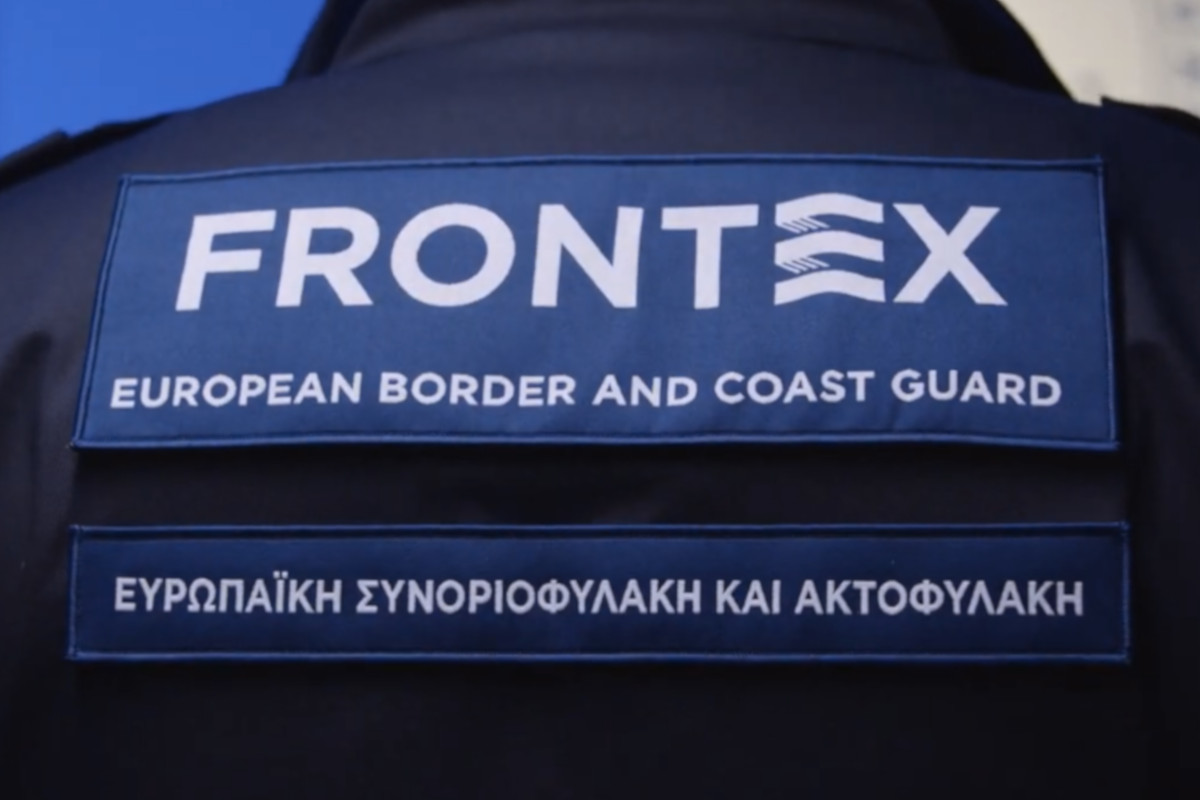
Evaluation of the 2019 Frontex Regulation: Statewatch submission to the European Commission call for evidence
We made a brief submission to the European Commission's call for evidence to inform the evaluation of the 2019 Frontex Regulation. The evaluation is due to be carried out between December 2022 and October 2023 by an external consultant. Our submission highlights issues concerning fundamental rights, transparency and accountability.
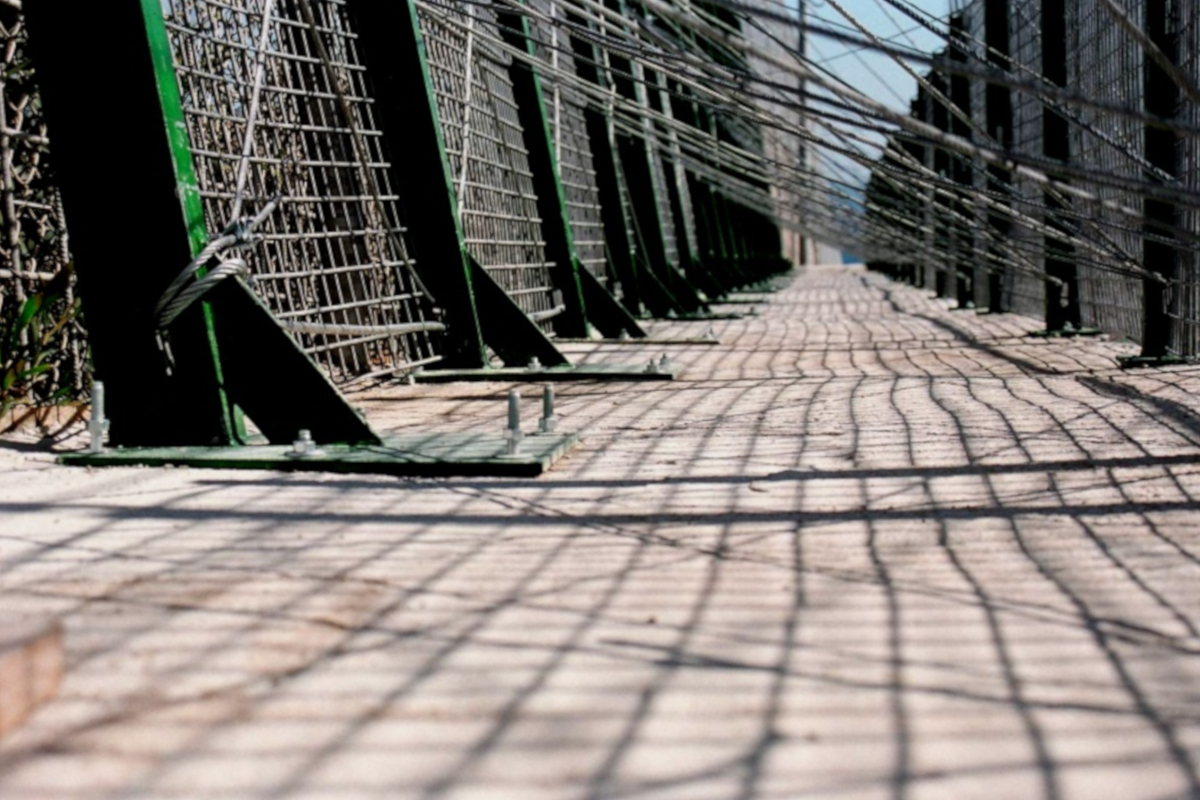
The Melilla border deaths represent a new phase in the bloody story of Fortress Europe
On 24 June dozens of people died after attempting to cross the heavily-fortified border from Morocco into the Spanish enclave of Melilla. A report by the Nador branch of the Association Marocain des Droits Humains (AMDH), summarised and built upon here, examines the build-up to and immediate aftermath of the deadly incident. The report documents multiple human rights violations and also reveals a significant shift: from EU authorities undertaking pushbacks and leaving people to their fate in situations in which they may come to harm, to EU authorities undertaking pushbacks with the explicit knowledge that they would be beaten and treated in an inhumane and degrading manner by their non-EU ‘partners’.

Questioning the interviewers: Frontex’s covert interrogations at the Spanish southern border
Tony, a police officer deployed multiple times in Frontex operations in Spain and Greece, slips on the word “interrogate”. He immediately corrects himself: “We are not allowed to say interrogate”. We both know that the term interrogation fits perfectly well.
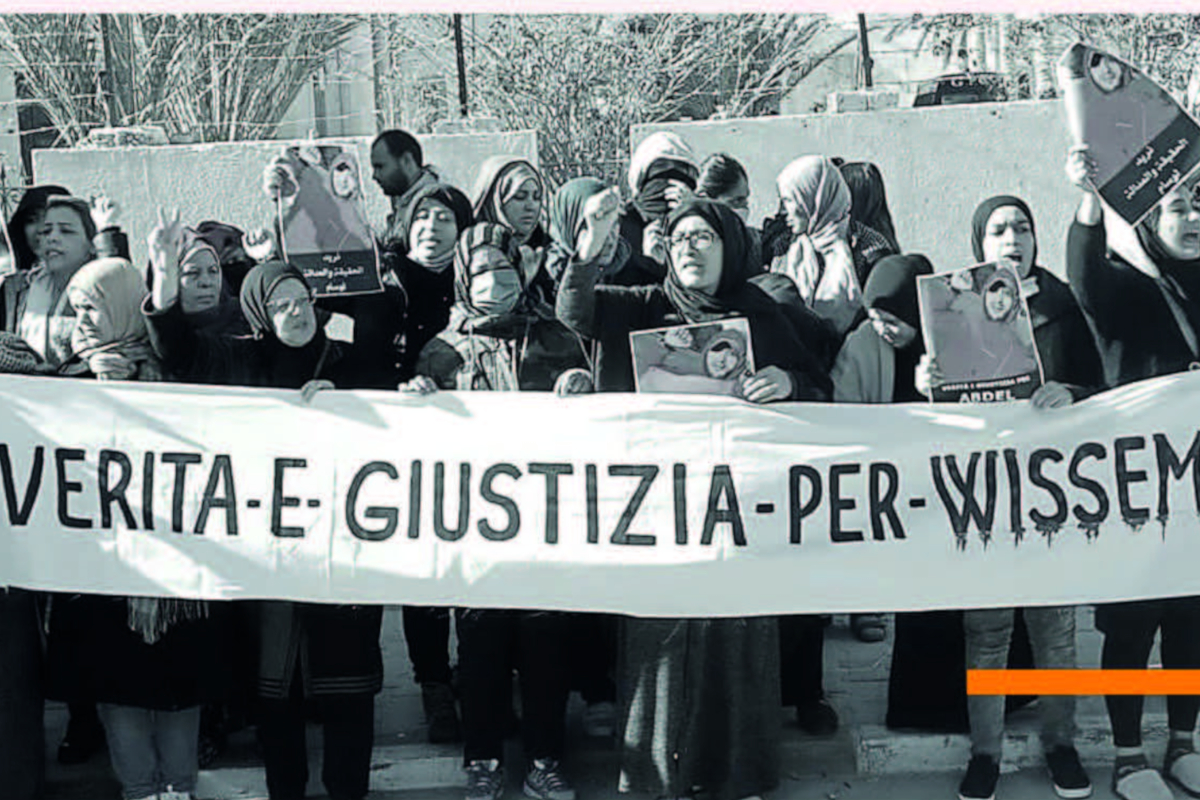
Tunisian deportees in Italy denied rights under European “migration management” policies that seek to exclude
On 28 November 2021, Wissem Ben Abdellatif, a 26-year-old Tunisian man, died in a hospital in Rome after suffering a heart attack. He had been transferred to the hospital from the Ponte Galeria detention centre, where he was being held whilst awaiting deportation. A new report dedicated to his memory examines the experiences of Tunisian citizens deported from Italy. Based on over 50 in-depth interviews with deportees, it concludes that Tunisians are regularly denied their rights after arriving in Italian territory (for example, to legal advice, information, or adequate living conditions), and that the situation is propelled by a security-minded approach to migration that has been implemented across the EU and its member states for at least two decades.
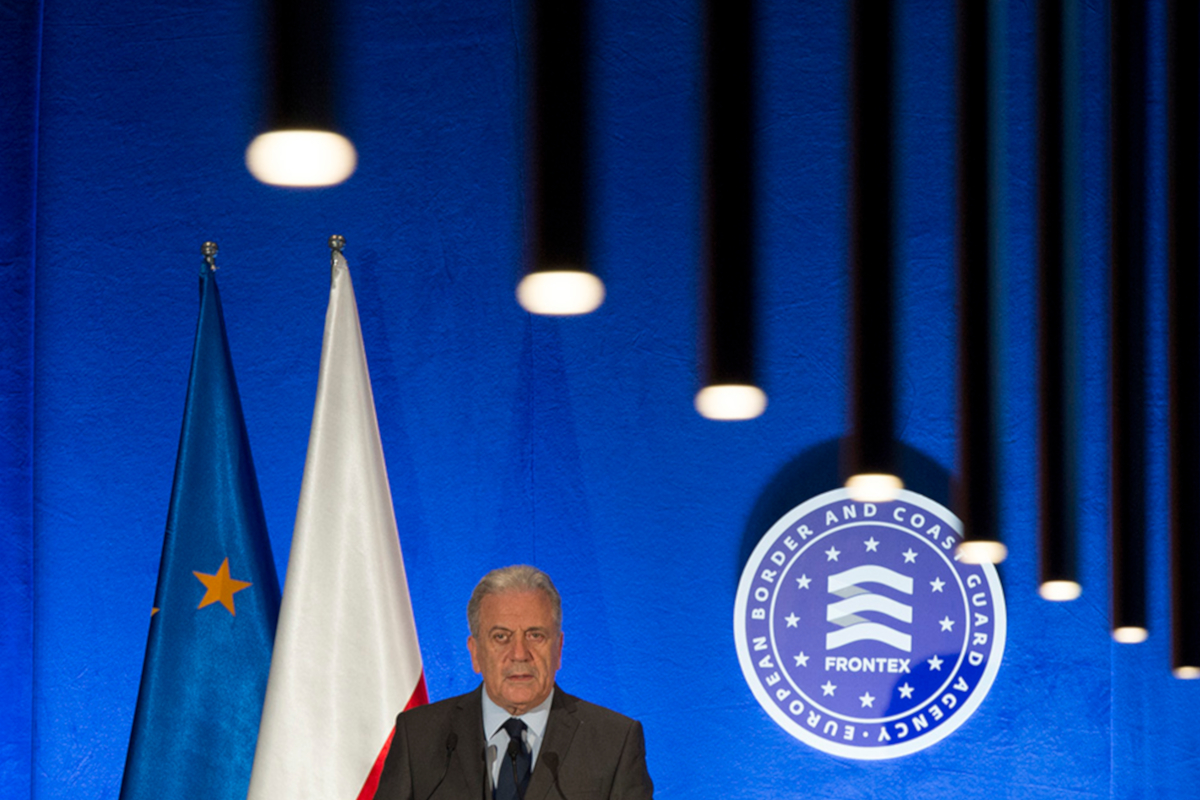
Frontex: more power, no responsibility? Mega-agency lacks real accountability structure
Since 2004, four successive regulations have increased the agency’s resources and mandate, but no adequate control mechanisms have followed to balance these with legal or political accountability.
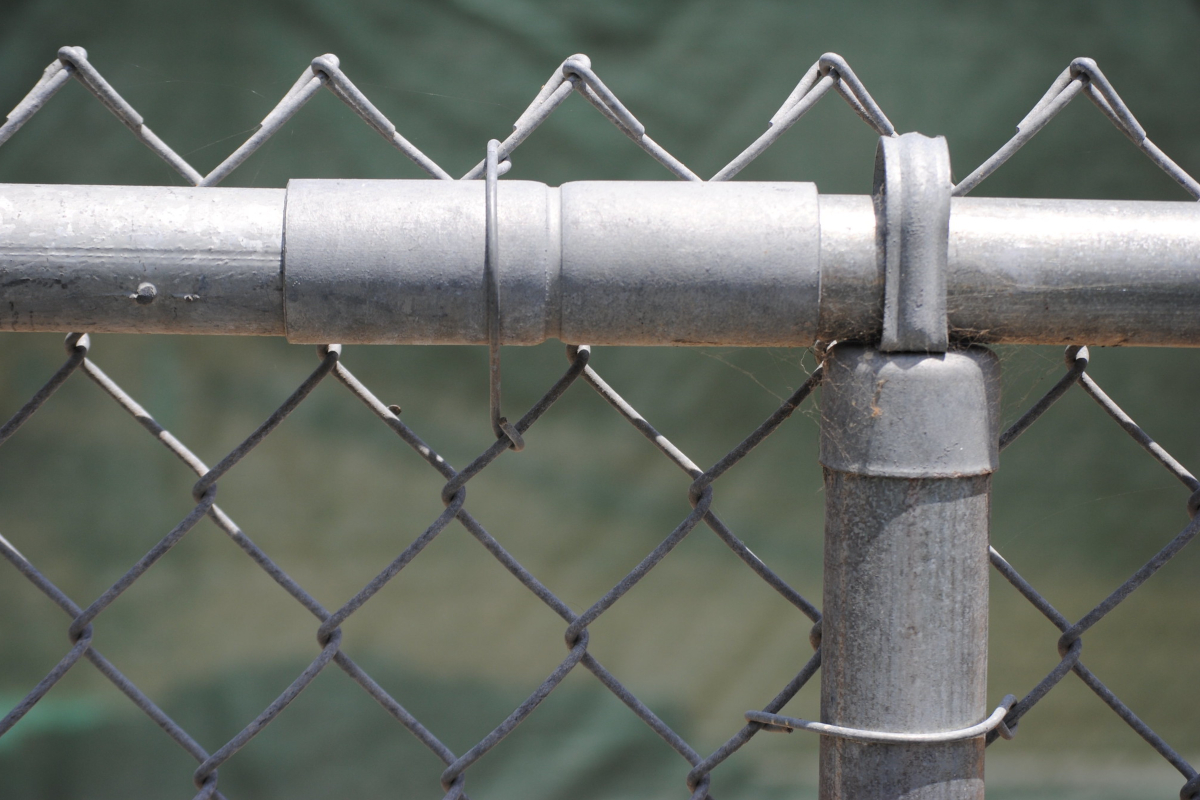
Building walls, restricting rights: Lithuania's response to the EU-Belarus border 'crisis'
After the ongoing politico-diplomatic clash between the EU and Belarus reached a peak in the summer of 2021, press attention turned towards the situation at the Polish-Belarussian border, where thousands of people arrived hoping to travel onwards to EU territory. However, the response from the Lithuanian authorities also merits examination: the country's efforts to prevent irregular arrivals have been widely supported by the EU, despite widespread allegations of fundamental rights violations.

Funds for Fortress Europe: spending by Frontex and eu-LISA
In the wake of the so-called “refugee crisis” of 2015, EU governments took the opportunity to reinforce the powers and mandates of EU agencies concerned with immigration and border control. Expanded legal remits were accompanied by vast increases in expenditure. But where has that money gone and what has it been used for?
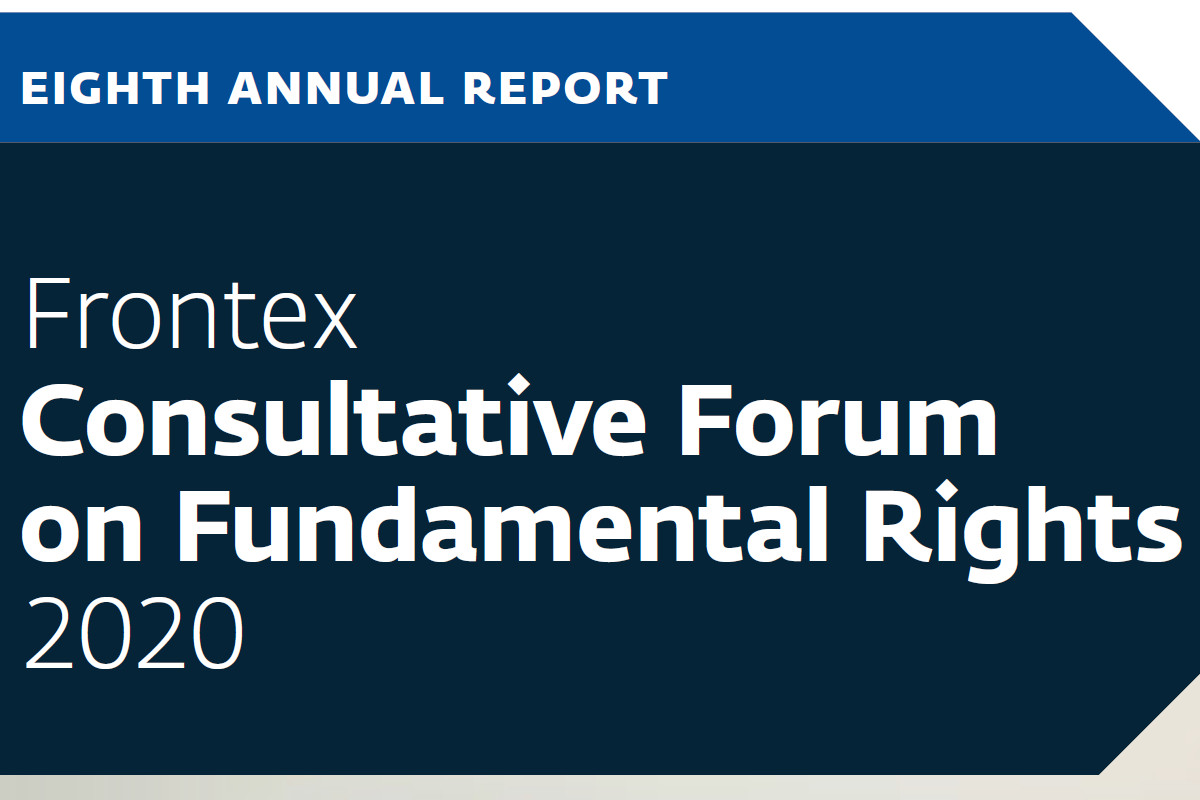
Frontex: the ongoing failure to implement human rights safeguards
A legal case alleging that Frontex was involved in an illegal deportation and the annual report of its Consultative Forum on Fundamental Rights, made up of NGOs and international organisations, show once again that fundamental rights are not at the top of the agency’s agenda.
Spotted an error? If you've spotted a problem with this page, just click once to let us know.